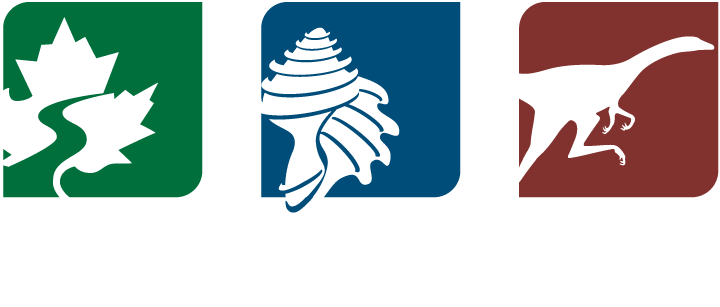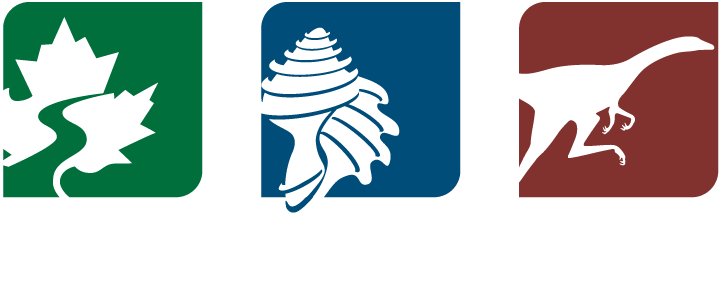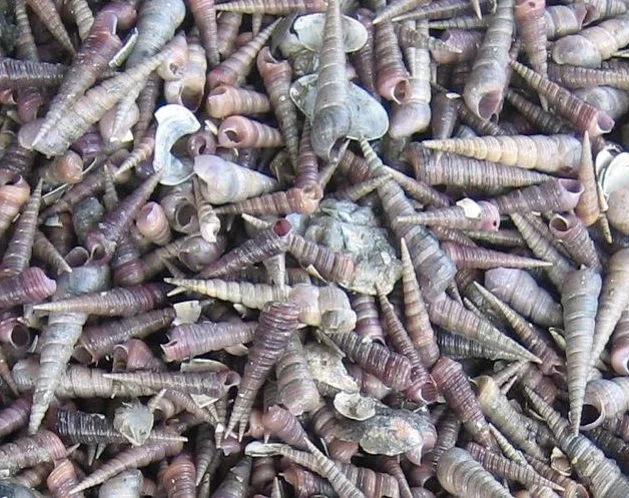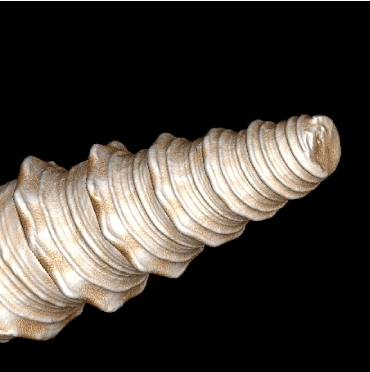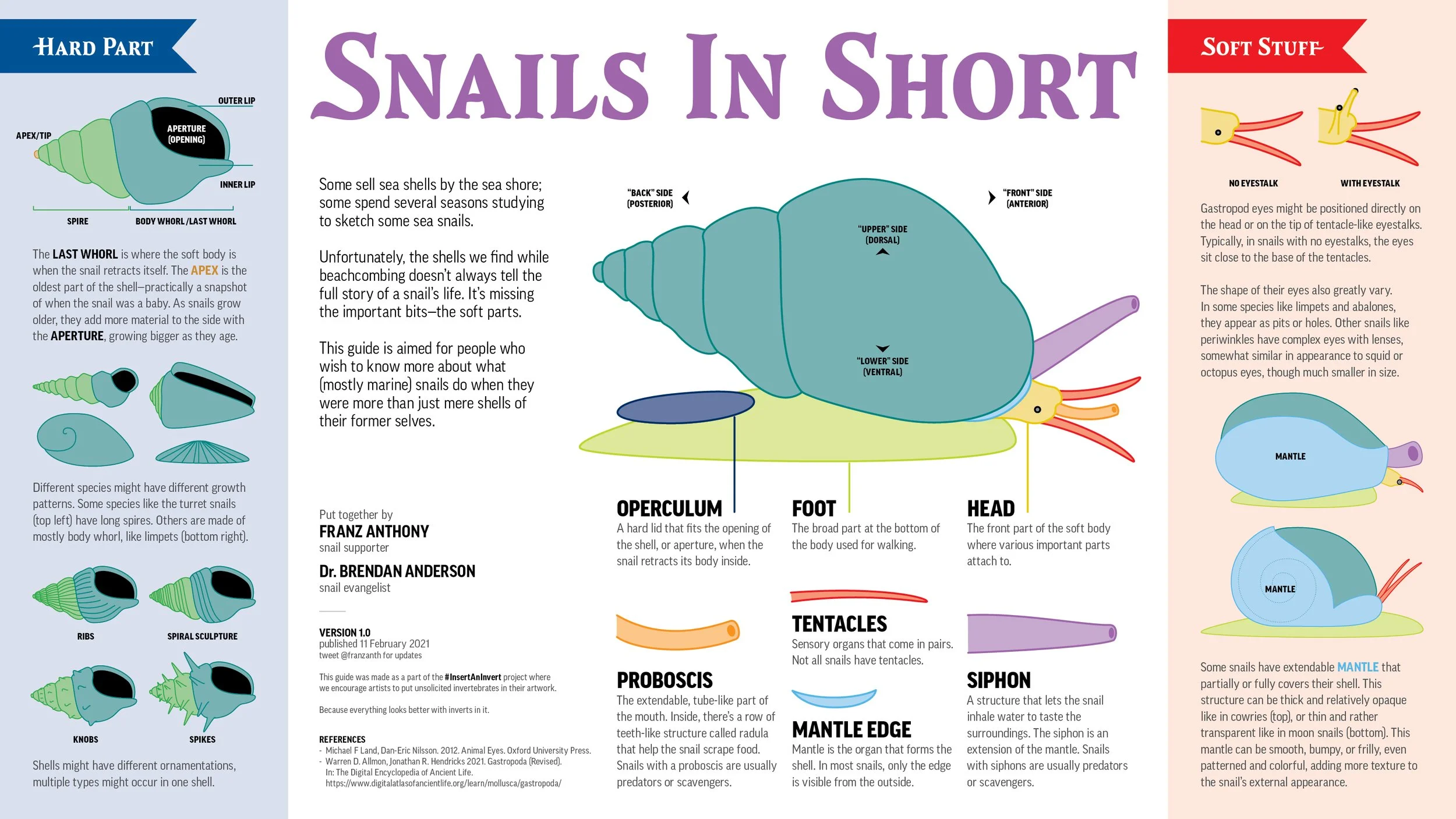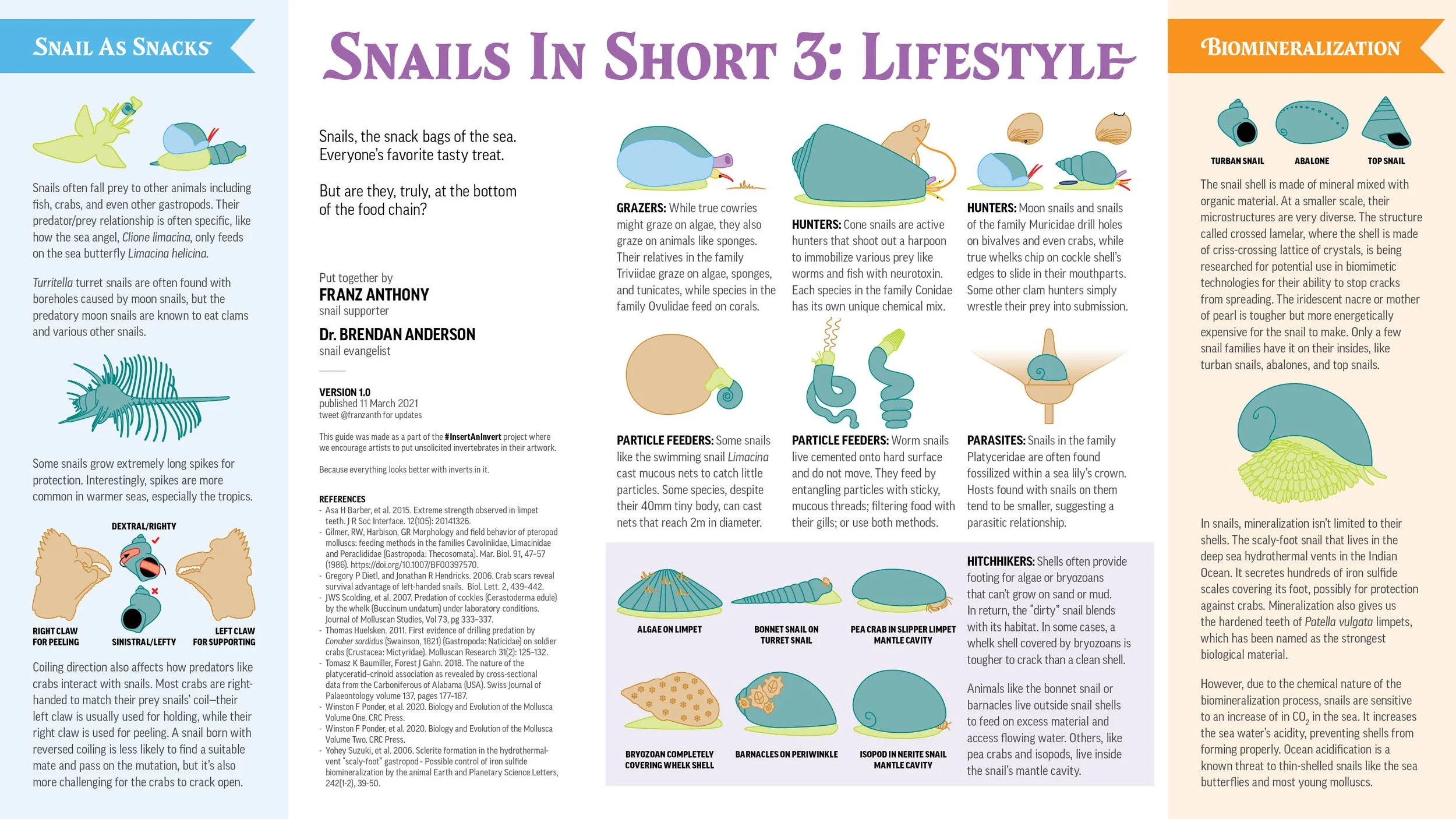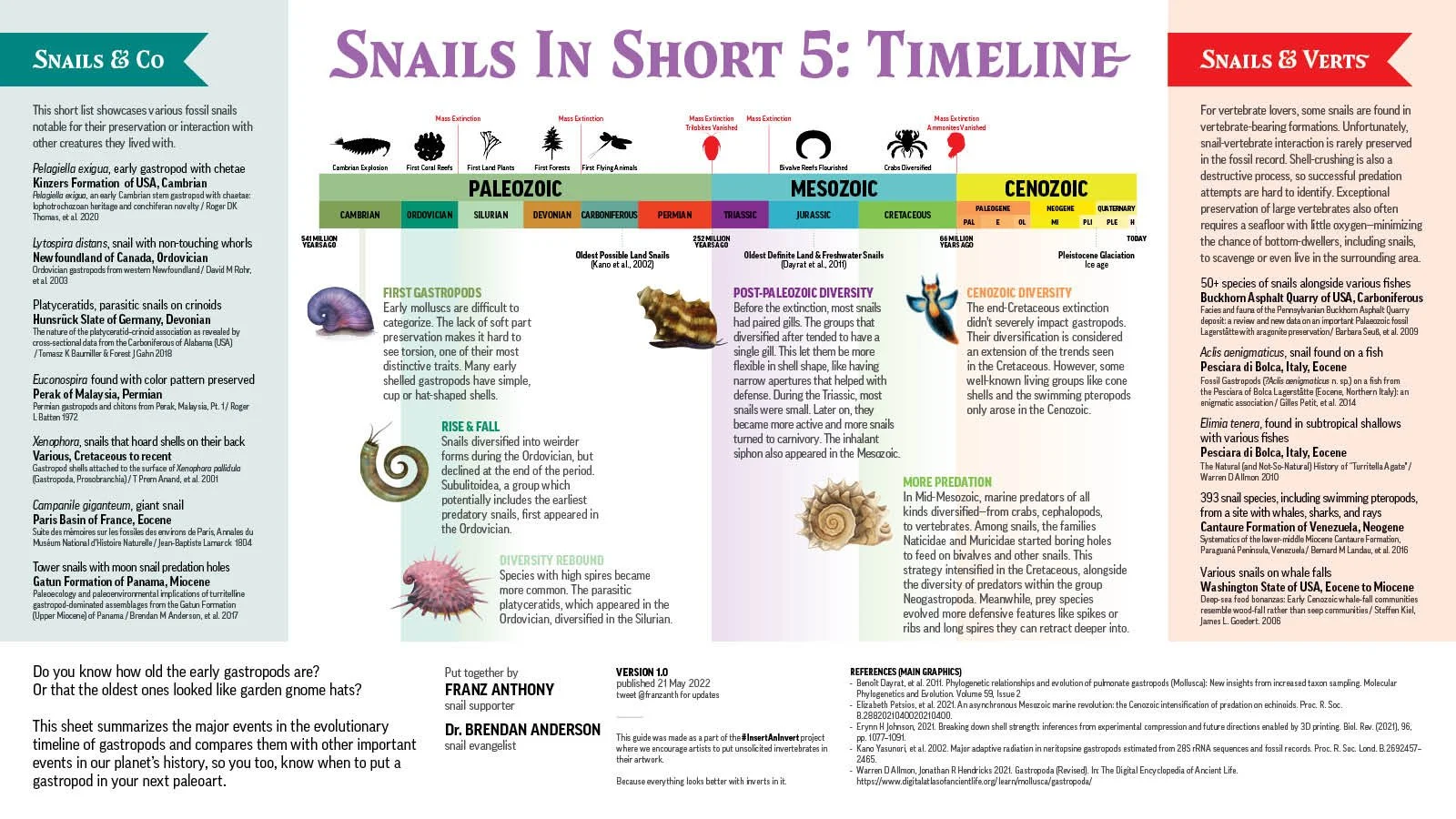Brendan Anderson
Dr. Brendan Anderson
Postdoctoral Fellow
he/him/his
Concentration
Macroevolution, Marine Gastropods, Isotopic Sclerochronology, Geoscience Education
Education
B.A. Biological Sciences and Religion (Double major), Dartmouth College 2009
M.S. Geology, University of Kansas, 2013
Ph.D. Cornell University, 2018
Curriculum Vitae
Selected Publications
Pietsch, C., Gigliotti, M., Anderson, B.M., and Allmon, W.D. in press. Patterns and processes in the history of body size in turritelline gastropods, Jurassic-to-Recent. Paleobiology.
Anderson, B.M., Herleman, K.C., Ebey, C., and Haas, D. 2022. Consider the following: A pilot study of the effects of an educational television program on viewer perceptions of anthropogenic climate change and ocean acidification. Journal of Geoscience Education. 70: 437-459. DOI: 10.1080/10899995.2021.1949693
Friend, D.S., Anderson, B.M., and Allmon, W.D. 2021. Geographic contingency, not species sorting, dominates macroevolutionary dynamics in an extinct clade of neogastropods (Volutispina; Volutidae). Paleobiology. (Phylogenetic Paleoecology special issue). 47: 236-250. DOI: 10.1017/pab.2020.60.
Pietsch, C., Anderson, B.M., Maistros, L.M., Paladino, E., and Allmon, W.D. 2021. Convergent and parallel evolution of extreme parietal callusing in diverse Cenozoic gastropod clades. Paleobiology. Phylogenetic (Paleoecology special issue). 47: 337-362. DOI: 10.1017/pab.2020.33
Anderson, B.M. and Allmon, W.D. 2020. High calcification rates and inferred metabolic trade-offs in the largest turritellid gastropod, Turritella abrupta (Neogene). Palaeogeography Palaeoclimatology Palaeoecology. 544: 109623 DOI: 10.1016/j.palaeo.2020.109623.
Honors, Awards, and Appointments
Bryan Isacks Excellence in Teaching Award (Cornell Earth and Atmospheric Sciences)
National Association of Geoscience Teachers, Advocacy Committee
Paleontological Society ad hoc committee on employment of paleontologists
Paleontological Society student research grants committee
Overview
Dr. Brendan Anderson is a postdoctoral researcher working with Dr. Jonathan Hendricks on an NSF funded project studying the physiological and ecological factors that influenced molluscan responses to environmental change in the western Atlantic during the last 3 million years. This project seeks to better understand how mollusks like clams and snails, including economically and ecologically important taxa, may respond to profound human induced climate change by examining responses to global climate change and other environmental changes in the geologic record.
Dr. Anderson completed his Ph.D. with Warren Allmon in 2018, and prior to returning to PRI, he completed postdoctoral research positions at Baylor University with Dr. Elizabeth Petsios and Dr. James Lamsdell at West Virginia University, and was an adjunct instructor of geology at Mary Hardin-Baylor and WVU.
Research Focus
Dr. Anderson is interested in macroevolution and how the interactions between an organism’s physical and biotic environment, development, and resultant morphologies lead to long term evolutionary consequences. He is especially interested in phylogenetic paleoecology in gastropods, with particular expertise in Turritellidae.
Turritella bacillum collected alive by trawl in Hong Kong
CT scan of Turritella montanitensis PRI 68717 Agua Clara Fm. (early Miocene), Falcon, Venezuela
Turritellids are some of the most common macrofossils in the Cenozoic, and can be extremely abundant in both live and fossil communities. Anderson employs a variety of techniques including molecular and morphological phylogenetics, SEM and nano-CT imaging, sedimentology, and traditional paleoecology to examine how different features evolved and why taxa with some features are more likely to diversify or become extinct. He frequently employs isotopic sclerochronology in turritellids to reconstruct paleotemperatures as well as a taxon’s growth and lifespan.
As part of Anderson’s postdoc at PRI, he will be working on assembling an authoritative list of mollusk diversity from the Plio-Pleistocene in Florida and the Atlantic Coastal Plain, and compiling occurrence data tied to museum collections specimens. He is also compiling data on functional traits such as body size and larval mode based on fossil and recent specimens. These data will then be used to determine what influenced patterns of extinction, origination, and migration associated with late Pliocene climate and oceanographic changes.
Outreach
Anderson is interested in using paleontology for earth science communication in a variety of settings. He participates in skype a scientist and has contributed to outreach and education days at both the Museum of the Earth and Cayuga Nature Center. Anderson is also active on Twitter (@Fossilsndcoffee) and recently collaborated with artist Franz Anthony for a series on snail biology, ecology, and fossil history called “snails in short.”
Snails in short – Collaboration with Franz Anthony as part of the artist’s series on fossil invertebrates.
Snails in short – Collaboration with Franz Anthony as part of the artist’s series on fossil invertebrates.
Snails in short – Collaboration with Franz Anthony as part of the artist’s series on fossil invertebrates.
